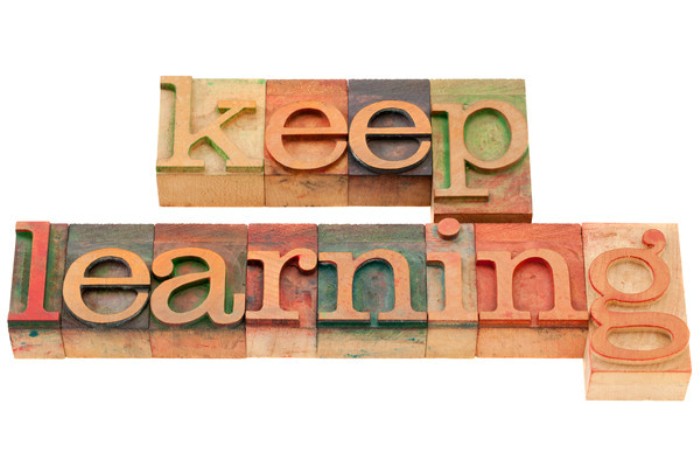
Expand Your Academic Vocabulary to Study Better
Academic vocabulary is a bit different to the one of a common English word stock. Textbooks, lectures, reference sources, dissertations are written with the use of specific words and terms that are characteristic only for the world of academia.
Many young students sometimes find it hard to settle in the learning process up to par because a large share of words are unknown or convey meanings students yet don’t understand. That’s why, learning efficiency decreases resulting in a lower educational value taken from studies.
However, a student who wields AWL (Academic Word List) is the one who receives the maximum effect brought by academic reading and learning. All in all, AWL consists of 570 words that are the most widely spread in the academic community and are must-have, must-learn and must-use for every young student looking to succeed in education. Developed by Averil Coxhead, a researcher from New Zealand, AWL is based on a computer analysis of several hundred of academic texts and includes the most widely used expressions among more than 3.5 words under research in total.
AWL is highly advised for learning by every student pursuing an effective and comprehensive study of college and university reference sources. Without knowledge of the words from the list, the educational process is counter-productive.
Six officially recommended AWL learning action items plus some extra tips
Usually learning new words, especially related to an academia language stock, is difficult and brain-cracking. However, students are offered a six-item rule of thumb to boost learning AWL and other more complex lexicon units.
- Get into appropriate learning state of mind.
- Use your senses to acquire information.
- Understand what you are learning.
- Memorize what you are learning.
- Use words you’ve learned in everyday speech.
- Cover feedback based on your correct use of AWL.
Of course, all learning methods are individual, as some might work well for a part of students and totally work not for others. However, sticking to commonly accepted practices is highly advised. To help you get started, you might want to use a couple of extra hints.
- Listen to classical music. It ignites mind’s learning activity.
- Memorize words in context to understand the meaning better.
- Use mnemonic approach: the first letter of some object tells you the first letter of a word you’re trying to learn.
- Learn at least ten new words from the AWL a day.
- Use the words you’ve learned in a short article or astory to practice using them.
- Move while you’re learning. It is scientifically proven movement boosts cognitive processes.
- Try looking for a relationship between a word and it s meaning.
As a rule, enriching your academic vocabulary is not big deal at all. Just make sure you’ve started covering AWL in advance, so you could move on to more advanced academia language stock during your study. A competitive edge like that always pays off with a deeper understanding of the subject resulting in better grades.








